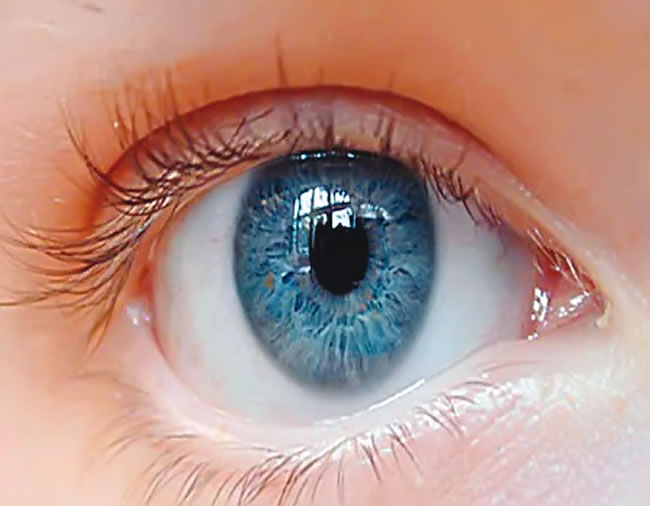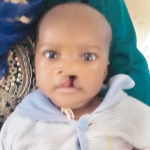The Eleta Eye Institute and VisionSpring have commenced the integration of primary eye care into selected Primary Health Care facilities in four local governments in Oyo State, in a project meant to build capacity for the prevention of blindness at the grassroots.
The Aspire Coronation Trust (ACT) Foundation-sponsored project is to train 25 teachers from five secondary schools in piloting four LGAs to identify common eye complaints among students and to promptly refer such to the participating primary health facility for eye care, including prescription of glasses. Also, 20 health care workers from 5 primary health care centres are to be trained in the care of common eye problems.
Chairman, National Eye Health Committee, Professor Ernest Omoti at its inauguration in Ibadan, said the project is in line with the Federal Government’s moves to integrate primary eye care into all primary health care facilities across the country.
According to Professor Omoti, the project being handled by a non-governmental organisation will support the achievement of the SDG which advocates the provision of equitable health care services to everyone, irrespective of their socioeconomic class.
He added, “that is the final aim of the new national health policy just launched. Such a programme will also help us first to get data with which to plan while also providing health services at the local government level.”
Omoti, a consultant ophthalmologist, said plans are underway by the National Eye Health Committee to get new data on the incidence of eye diseases and problems in the country.
According to him, “We have started to do some sampling in different regions of the country, and locally we have also told our postgraduate colleges to carry out proper studies in all the regions of Nigeria.”
The project’s director for Eleta, Dr Sarah Abraham, said that under the programme the participating PHCs in Oluyole, Ido, Akinyele and Ibadan North local government areas will be supplied with eye medications, refractive and reading glasses and other basic things required for eye examination and care.
IN CASE YOU MISSED THESE FROM NIGERIAN TRIBUNE
- Revealed! Details Of South-West APC Leaders Meeting With Presidential Aspirants
- Supreme Court Has Cleared Civil Servants To Participate In Politics, Falana Tells FG
- Battle For New Alaafin Begins As Ruling Houses Insist On Producing Next Oba
- Court Admits More Evidence Against Alleged Fake Army General, Bolarinwa
- I’m Every Man’s Choice Now, My DM Is Crazy —Eniola Badmus
- It Is Now Bye To Decency: Crazy Fashion Trends At Owambe Parties
Dr Abraham said complicated eye problems will be referred through an established referral system by the project to tertiary institutions with an existing consultant ophthalmologist for treatment.
According to her, “the common thing is that primary eye health care should be seen at the PHC first, it ensures easy access to care, and free treatment and we can catch cases while they are still early and send them to the right places before they develop complications.”
Meanwhile, Group Medical Director, Eleta Eye Institute, Dr Gboyega Ajayi said CBM International, another organisation is considering providing support for the integration of primary eye care into the 351 primary health care centres across the state.
WATCH TOP VIDEOS FROM NIGERIAN TRIBUNE TV
- Let’s Talk About SELF-AWARENESS
- Is Your Confidence Mistaken for Pride? Let’s talk about it
- Is Etiquette About Perfection…Or Just Not Being Rude?
- Top Psychologist Reveal 3 Signs You’re Struggling With Imposter Syndrome
- Do You Pick Up Work-Related Calls at Midnight or Never? Let’s Talk About Boundaries






